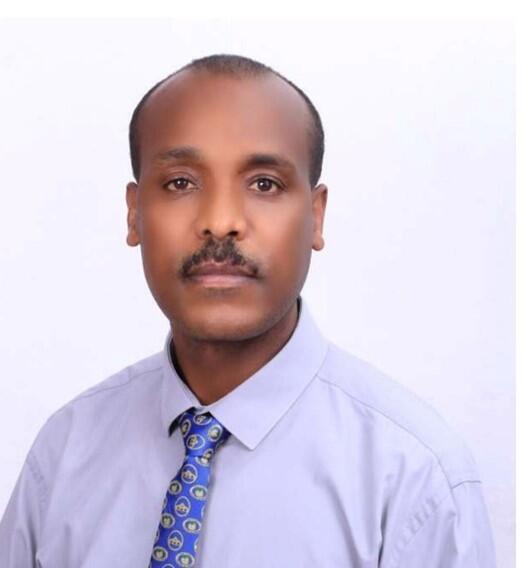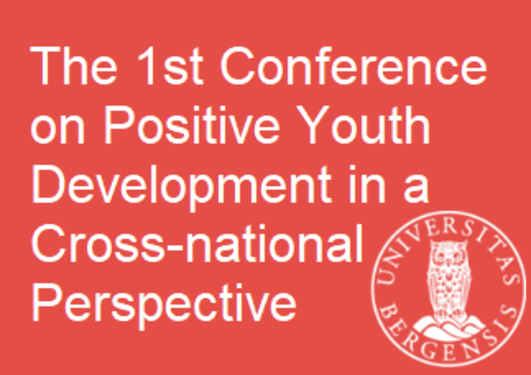Keynote speaker: Yekoyealem Desie
Main content
About Yekoyealem Desie
Yekoyealem Desie, PhD, is an Associate Professor of Developmental Psychology at the School of Psychology, College of Education and Behavioral Studies (CEBS), Addis Ababa University (AAU), Ethiopia. He has many years of experience in teaching, research, and student advisement. He has served as an associate dean for research and technology transfer in the CEBS and is currently serving as Dean of the CEBS at AAU. Yekoyealem is actively engaged in research. His main research interest is (positive) youth development. He is one of the researchers who participated in the development of the Ethiopian Education and Training Roadmap in 2018. He was a visiting PhD scholar at the Department of Psychosocial Science at the University of Bergen, Norway, from October 2012 to December 2012, and a visiting scholar at the Department of Quantitative Research and Measurement at The Ohio State University, U.S.A. from February 2020 to June 2020. Yekoyealem has been an associate editor of the Journal of Education for Development in Ethiopia since 2016 and has served as a reviewer for different local and international journals. Yekoyealem is a member of local, regional, and international professional associations and organizations such as the Ethiopian Psychologists’ Association, OSSREA, CODESRIA, ISSBD, and NOCIES, and is an affiliate international member of AERA.
Abstract: Positive Youth Development in Africa: Experiences from Ethiopia
Africa constitutes the world’s largest youth population. Youth in Africa have the potential to be a crucial resource for development if they are properly nurtured and cultivated. Being critical of the traditional deficit-based approach of conceptualizing, researching, and treating youth, scholars in Africa have started to approach youth from a positive development perspective. With a population of 120 million people, Ethiopia is Africa's second most populous country. The majority of the population (80%) is under the age of 35, with youth aged 10 to 24 accounting for about half of the entire population. A careful assessment of the country's demographic transition also suggests that the proportion of youth will continue to rise in the future. Ethiopia is also one of the world's least developed countries, with its youth facing challenges such as poverty, political upheaval and ethnic conflicts, displacement, migration, poor quality education, poor health facilities, unemployment, recurring droughts, and food and water shortages. The purpose of this paper is to synthesize available studies on Ethiopian youth and provide a comprehensive description from a strengths-based perspective. Findings from critical reviews of literature indicate that young people in Ethiopia have been conceptualized and treated mainly from a deficit perspective. Studies have emphasized the vulnerabilities, problems, and distress of young people instead of their strengths and competencies. Interventions have also focused on fixing problems instead of promoting capabilities. However, an examination of the participation of youth in Ethiopia indicated that the youth have also been the vanguards of change and the major actors in the socio-economic, cultural, and political transformations of the nation above and beyond their vulnerabilities. Despite having little opportunities to participate in organized and structured youth-centered activities and living in asset-poor developmental contexts, Ethiopian youth demonstrated strengths, meaning that they went beyond survival and showed evidence of thriving.

